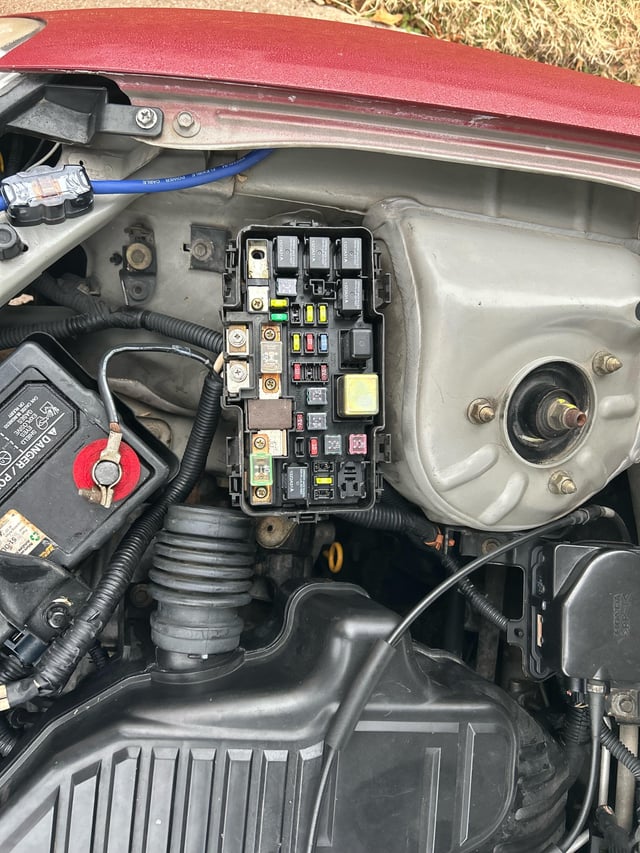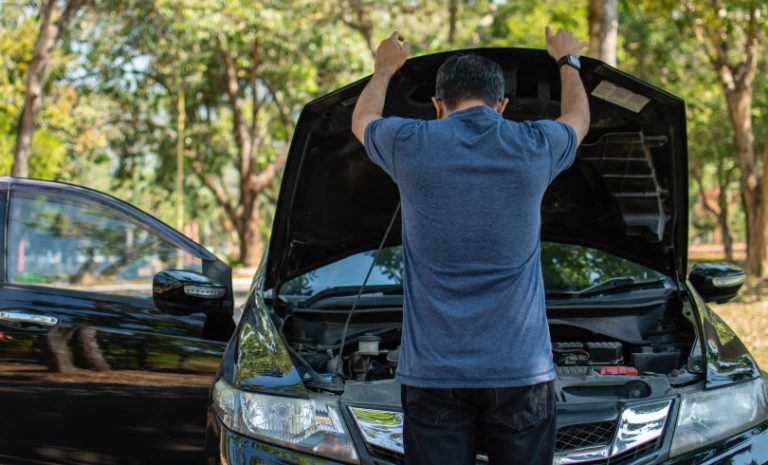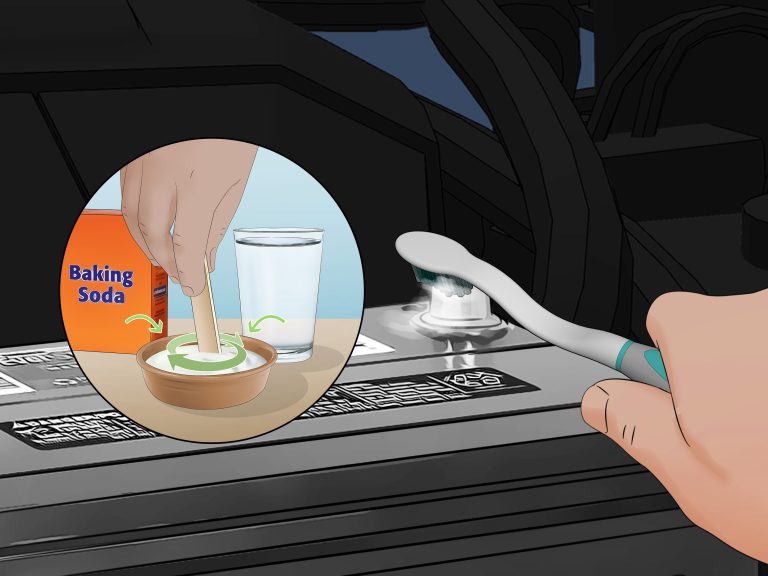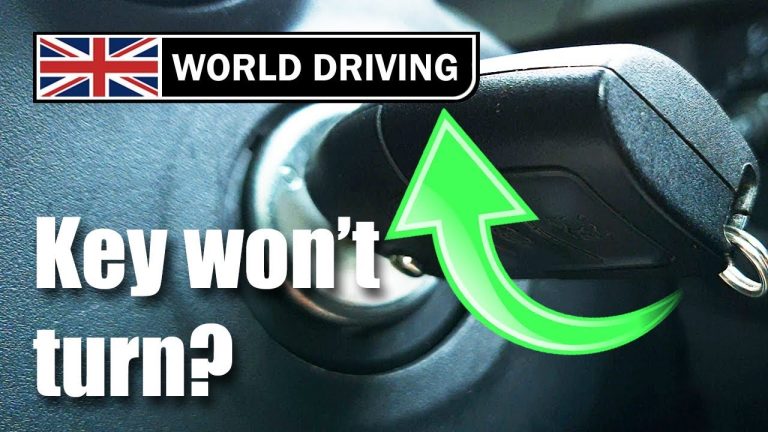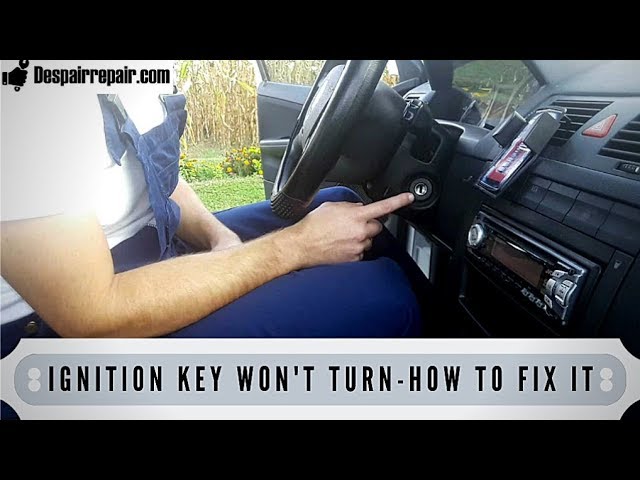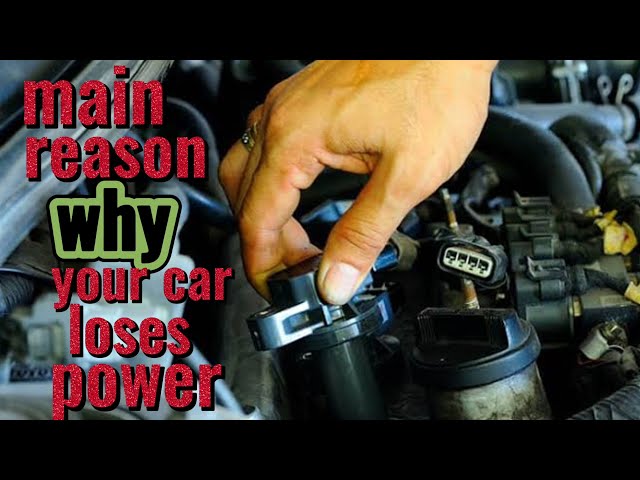Honda Civic Won’t Start But Has Power: Troubleshoot Now!
Honda Civic Won’t Start But Has Power
If your Honda Civic won’t start but has power, check the battery terminals, starter, and ignition switch. It could also be a faulty fuel pump or blown fuse. Try shifting to neutral and starting again. If the issue persists, a professional diagnostic is recommended.
This common car issue can leave you scratching your head, wondering what’s wrong. Imagine preparing for a busy day, ready to head out, only to be halted by your car’s refusal to start. Your mind races with questions: is it the battery, the starter, or something else entirely?
Understanding why your car won’t start despite having power is crucial. Not only can it save you time and money, but it also ensures you’re not left stranded. We’ll delve into the possible reasons behind this issue, empowering you with knowledge and solutions. So, if you’re eager to unravel this mystery and get your Honda Civic back on the road, keep reading. You’re about to discover the keys to solving this puzzling problem, and ensuring your vehicle serves you reliably every single day.
Honda Civic Won’t Start But Has Power
Common Causes
| Possible Cause | Symptoms | Solution |
|---|---|---|
| Faulty Starter Motor | Clicking sound but engine won’t crank | Replace or repair the starter motor |
| Bad Ignition Switch | Dashboard lights on, no crank | Replace the ignition switch |
| Key Fob Battery Dead | No response with push start or remote key | Replace key fob battery |
| Blown Fuse or Relay | Certain functions not working | Check and replace faulty fuses/relays |
| Bad Neutral Safety Switch | Won’t start in Park or Neutral | Test and replace if needed |
| Clogged Fuel Filter | Cranks but doesn’t start | Replace fuel filter |
| Faulty Fuel Pump | Engine cranks, no fuel delivery sound | Test and replace fuel pump |
| Corroded or Loose Battery Terminals | Power to accessories but weak crank | Clean and tighten battery terminals |
| Faulty Engine Ground Connection | Lights on but weak or no crank | Inspect and fix ground connections |
| ECM/PCM Issues | Unusual error codes, random failures | Diagnose with scanner, reprogram or replace |
1. Faulty Starter Motor
The starter motor cranks the engine to start. If it fails, the car won’t start. Listen for a clicking sound when turning the key. This could indicate a bad starter motor.
2. Dead Battery
A car may have power but still not start. This happens if the battery is weak. Even with lights and radio on, a weak battery can’t start the engine. Check the battery voltage to confirm.
3. Ignition Switch Problems
The ignition switch sends power to the starter motor. A faulty switch disrupts this power flow. This prevents the engine from starting. Test the switch if there are starting issues.
4. Fuel Delivery Issues
The engine needs fuel to start. A clogged fuel filter blocks fuel flow. A failing fuel pump can’t deliver fuel properly. Both can prevent the car from starting. Ensure fuel delivery systems work well.
5. Faulty Spark Plugs
Spark plugs ignite the air-fuel mixture in the engine. Worn-out plugs cause starting problems. Check and replace faulty spark plugs regularly.
6. Security System Malfunction
Modern cars have security systems to prevent theft. A malfunctioning system may stop the engine from starting. Check the security system settings if starting issues arise.
Battery Issues
Experiencing a Honda Civic that won’t start can be frustrating. The car has power, yet refuses to start. Often, the issue lies with the battery. Understanding common battery problems can help. These insights can guide you toward a solution.
Corroded Battery Terminals
Corroded terminals can disrupt the battery’s function. This corrosion blocks the electrical flow. Visually inspect the battery for white or bluish deposits. Cleaning the terminals might restore power. Use a wire brush to scrub away the corrosion.
Weak Battery Charge
A weak battery can cause starting issues. Check the battery charge with a voltmeter. A healthy battery should read around 12.6 volts. If the reading is lower, the battery might need charging. Consider jump-starting the car to test this.
Loose Battery Connections
Loose connections can prevent the car from starting. Ensure battery cables are tightly secured. Wiggle the cables gently to check for movement. Tighten any loose connections with a wrench. This simple fix might solve the problem.
Old Battery
Batteries have a limited lifespan. An old battery might struggle to hold charge. Check the battery’s age on the label. If older than three years, consider replacement. A new battery can restore reliability.
Temperature Effects
Extreme temperatures can affect battery performance. Cold weather may reduce its power. Hot weather can cause it to overheat. Both conditions can lead to starting issues. Store your car in a garage if possible.
Starter Motor Problems
Honda Civic not starting despite having power might indicate starter motor issues. Common signs include clicking sounds or the engine not cranking. Checking connections or seeking professional help can resolve the problem.
Starter motor problems can leave you stranded even when your Honda Civic has power. Imagine turning the key, hearing the click, but your car remains silent. It’s frustrating and confusing. The starter motor is responsible for cranking your engine, and when it fails, your car won’t start. Understanding the signs and solutions is crucial for getting back on the road.
What Causes Starter Motor Problems?
Starter motor issues can stem from a variety of reasons. Wear and tear over time is common, especially if your car is older. Electrical connections can become loose or corroded, affecting the motor’s ability to function. If you’ve ever tried jump-starting your car and it still didn’t work, the starter might be the culprit.
Signs Your Starter Motor Is Failing
Recognizing the symptoms can save you a lot of trouble. A clicking sound when you turn the key often points to a starter problem. If your lights and radio work but the engine won’t crank, that’s another indicator. Sometimes, tapping the starter lightly can help it work temporarily, but this is only a short-term solution.
Steps To Diagnose Starter Motor Issues
You can take simple steps to diagnose the problem. Check the battery first; a weak battery can mimic starter issues. Ensure all connections to the starter are secure and clean. Use a multimeter to test the voltage reaching the starter. If voltage is present but the starter doesn’t engage, it might need replacement.
Fixing Starter Motor Problems
Repairing or replacing the starter motor can solve the issue. Sometimes, cleaning connections or replacing the solenoid can fix the problem. If you’re handy, you might tackle this yourself. However, if you’re unsure, consulting a mechanic is wise. The cost of repair is often less than dealing with repeated breakdowns.
Preventing Future Starter Motor Issues
Regular maintenance can prevent starter motor problems. Keep electrical connections clean and tight. Don’t ignore early warning signs like slow cranking. Consider having your starter checked during routine servicing. A little attention can save you from being stuck with a car that won’t start.
Have you ever faced a starter motor issue with your Honda Civic? What steps did you take to resolve it? Addressing these problems early can keep your car reliable and ready for your next adventure.
Read more: Key Won’t Turn in Car: Quick Fixes and Solutions
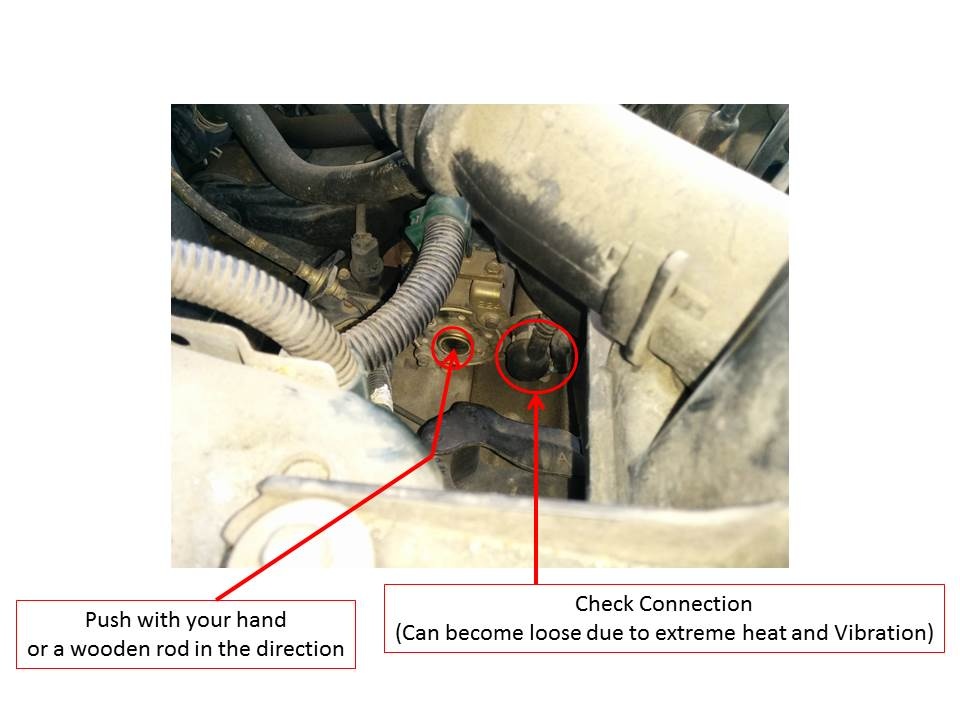
Credit: www.cargurus.com
Ignition System Faults
The ignition system is crucial for starting your Honda Civic. It transforms battery power into a spark that ignites the fuel. Faults in this system can prevent your car from starting, even with power. Identifying these issues early helps avoid extensive repairs. Let’s explore common ignition system faults.
1. Faulty Ignition Switch
The ignition switch initiates the starting process. A worn switch disrupts the connection. This prevents the car from starting. Listen for unusual clicks or no sound when turning the key. These are signs of a faulty switch.
2. Malfunctioning Spark Plugs
Spark plugs ignite the fuel-air mixture in the engine. Dirty or worn plugs fail to produce a spark. This stalls the engine start-up process. Inspect them for wear and replace if necessary. Regular maintenance keeps them effective.
3. Defective Ignition Coil
The ignition coil converts battery power to high voltage. This voltage is essential for sparking the plugs. A failing coil leads to insufficient spark. It can result in a no-start condition. Check for visible damage or electrical faults.
4. Damaged Distributor Cap
The distributor cap channels electrical current to the spark plugs. Cracks or corrosion in the cap can interrupt this flow. Inspect it for physical damage. Replace if necessary to ensure smooth current distribution.
5. Problematic Crankshaft Position Sensor
This sensor monitors the crankshaft’s position and speed. It sends crucial data to the engine’s computer. A faulty sensor can stop the engine from starting. Look for error codes or engine light warnings.
Electronic Malfunctions
Facing issues with a Honda Civic that has power but won’t start could indicate an electronic malfunction. Potential causes include a faulty ignition switch or a malfunctioning starter relay. Diagnosing the problem early can prevent further complications and ensure the vehicle runs smoothly.
Electronic malfunctions in your Honda Civic can be frustrating, especially when it refuses to start despite having power. It can leave you wondering what’s wrong under the hood. But don’t worry, you’re not alone. Many drivers face similar issues, and understanding the electronic components can help you address them effectively.
Understanding The Role Of Your Car’s Electronics
Your Honda Civic’s electronics play a crucial part in its performance. They control everything from starting the engine to managing fuel efficiency. When these systems malfunction, it can prevent your car from starting, despite the battery being fully charged.
Common Electronic Issues In Honda Civics
One frequent issue is a faulty ignition switch. This can stop your car from starting even when there’s power. Another culprit could be the starter relay. If it’s damaged, it can prevent the electrical current from reaching the starter motor, leaving you stranded.
Signs Of Electronic Malfunctions
Does your dashboard light up like a Christmas tree? This could be a sign of electronic issues. Flickering lights and unresponsive gauges indicate problems. These are warning signs that shouldn’t be ignored.
Troubleshooting Tips For Electronic Malfunctions
Start by checking your fuses. A blown fuse can interrupt the electronic functions. Examine the ignition switch and starter relay for visible damage. You can also use a multimeter to test these components and ensure they’re working correctly.
Preventive Measures To Avoid Electronic Failures
Regular maintenance is key. Keep an eye on your car’s electronics during routine check-ups. Also, ensure that your battery terminals are clean and secure. This can prevent many electronic issues from arising in the first place.
Have you ever been stuck because of electronic malfunctions? Share your experience in the comments. How did you resolve it? Your story might help others facing similar challenges.

Credit: www.serrahondachampaign.com
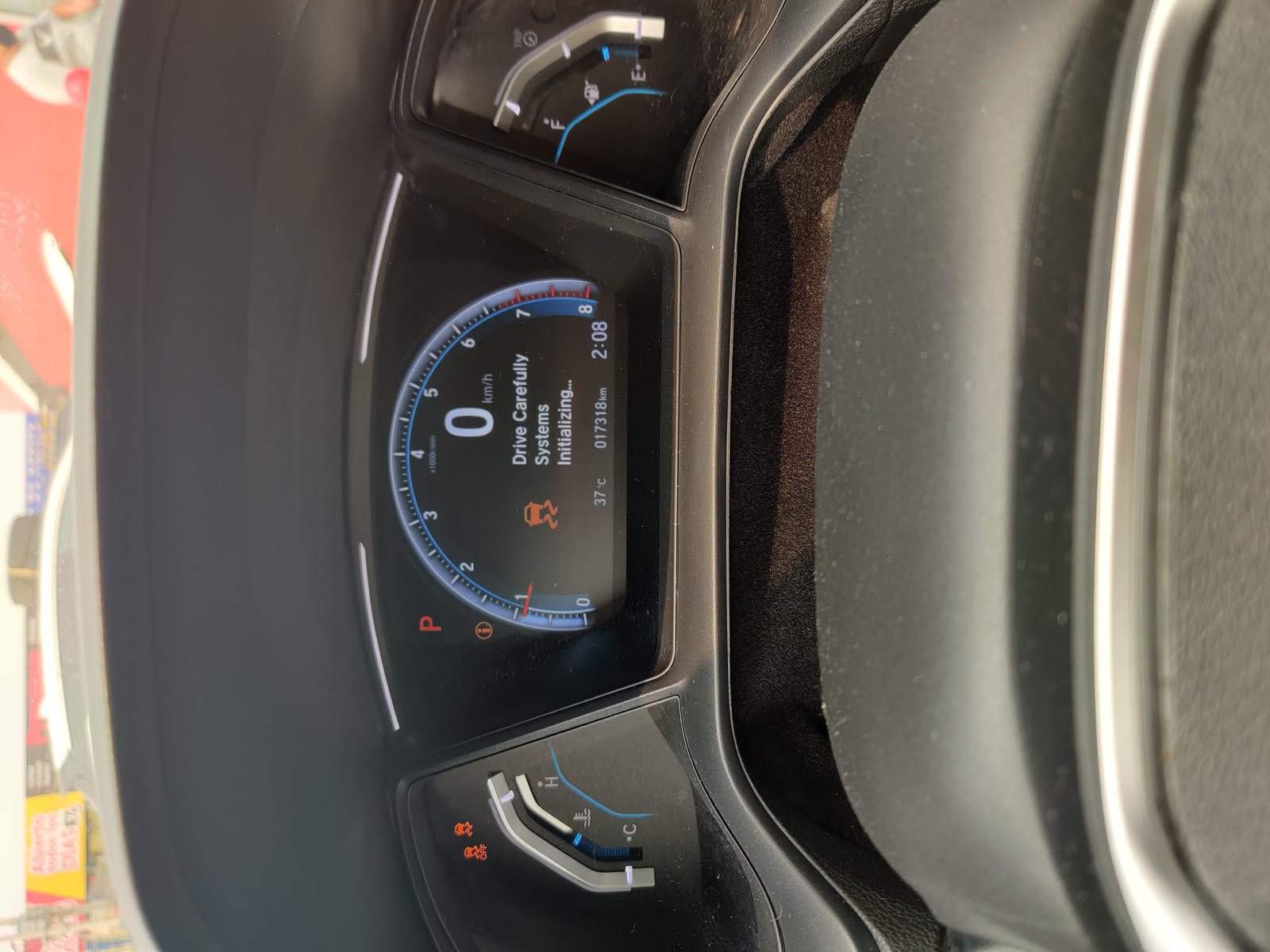
Credit: www.cargurus.com
Frequently Asked Questions
Why Won’t My Honda Civic Start But Has Power?
A Honda Civic may not start due to a faulty starter, ignition switch, or fuel system issue. Check for any blown fuses or loose connections. Ensure the battery terminals are clean and secure. If the problem persists, consider seeking professional diagnosis and repair to prevent further complications.
What Does It Mean When A Car Has Power But Won’t Start?
A car with power but not starting might have issues with the starter, ignition switch, or fuel system. Check battery connections and fuses. Spark plugs or fuel pump failure can also cause problems. It’s best to diagnose these issues promptly to prevent further complications.
How Do You Know If Your Starter Is Bad On A Honda Civic?
A bad starter in a Honda Civic causes clicking sounds, slow cranking, or no engine response. The engine won’t start despite a strong battery. You may also notice smoke or a burning smell. Have a professional mechanic diagnose the issue for accurate results.
Why Is My Honda Engine Turning But Not Starting?
Your Honda engine may crank but not start due to a dead battery, faulty spark plugs, or fuel issues. Check for clogged fuel filters or a malfunctioning fuel pump. Verify the ignition system. Regular maintenance can prevent these issues. Consider consulting a mechanic for a thorough inspection.
Why Won’t My Honda Civic Start?
Your Honda Civic might not start due to a faulty ignition switch, battery issues, or a clogged fuel filter.
Conclusion
Dealing with a Honda Civic that won’t start can be frustrating. But knowing the reasons can help. Check the battery first. Ensure connections are tight. Look at the starter and ignition system. Sometimes, it’s a simple fix. Other times, it needs expert help.
Regular checks can prevent future problems. Keep your Civic in top shape. Listen to its needs. Stay informed and proactive. Your car will thank you. Remember, small issues can lead to big problems. Address them early. Drive with peace of mind.
Read more: What to Do If Car is Overheating: Urgent Solutions
Safe travels!

